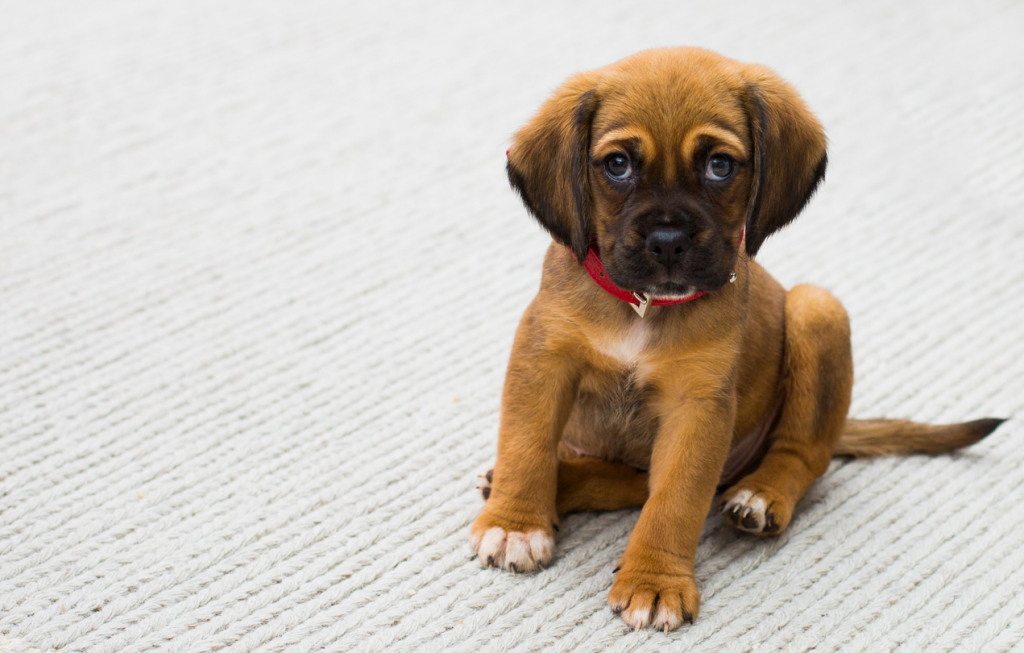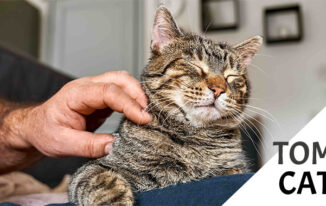
When you have a puppy in your home, there are many things that you need to keep in mind. Your pet will be very playful and active during this stage of its life. You must take care of all its needs, so your pet remains healthy and happy. If you want to raise your pet well, then follow the tips below:
When Should I Get Them Vaccinated?
As a parent, you want to do everything you can to ensure your puppy is as healthy as possible. However, vaccinating them is one of the best ways to keep them safe.
If you don’t know how often or when to get your puppy vaccinated, we’ve got the answers for you.
A puppy should get its first vaccination at six weeks of age. After this initial shot, they should get another three more shots spread out over the next 16 weeks: at eight weeks old, 12 weeks old, and 16 weeks.
Best Food for a New Puppy
Choosing the best food in your puppy’s diet is integral to parenting a new pet. What kind of food should you give your puppy? First, check whether your pet is getting all the necessary nutrients in his diet. Many options are available in the market, including premium, dry kibble, canned wet food, or raw meat. The best type of food will depend on your dog’s age, size, and lifestyle.
You can consult a vet if you’re unsure what type to choose for your puppy. A vet-recommended food will provide all essential nutrients in one package. Furthermore, you can find plenty of dog food online that is healthy for your puppy. Finally, a trustworthy platform like PetCareRx provides you with reliable and genuine information regarding parenting a new pet. Young pups have a lot of energy; you must help your pet constructively use that energy.
Check for the Necessary Supplies
The list of the necessary supplies includes
- Identity Tags
- Bowls for Food and Water
- Sleeping Arrangement
- Collar and Leash
- Toys
Choosing a Vet
Choosing a veterinarian is one of the most important things a new pet parent can do. The vet will keep your pet healthy and happy in the coming years, so you must find the right one for your new furry friend. Here are some key things to consider:
The vet should have substantial experience in treating animals. You’ll be spending hundreds or thousands of dollars on vaccines, medications, and other services; it’s worth finding an experienced practitioner.
The vet should be able to give references from previous clients, not just some generic list. It doesn’t matter how great their ads look if they’ve never treated an animal before.
Your vet should be able to answer the questions about your pet’s health or behavior during the visits.
Routine Check-up for Young Dogs
Get your puppy examined by a veterinarian at 6 to 8 weeks of age. It is a good time for you and your vet to get acquainted, establish a rapport, and build trust. In addition, regular visits help your vet to determine whether any problems need immediate attention, such as parasites or gastrointestinal problems.
If all goes well during this initial visit, it’s time for follow-up visits every three months until the puppy reaches 16 weeks old.
Going Out in Public
You may have heard that your puppy is at risk of contracting diseases from other dogs. You must understand the risks of exposing them to other dogs or people before they are fully vaccinated.
In general, it is not recommended for puppies less than seven months old to be allowed to go out in public unsupervised. However, if you want to take your puppy out with you and live in a highly populated area, keep them on a leash while they play with others.
House Train Your Puppy
The first thing to do is set up a designated potty area. You can use paper training pads and newspaper, or you can use a crate with puppy pads. Do not use adult dog towels, as they may be too big and uncomfortable for your puppy. In addition, some puppies will find the scent in the towel strange and intimidating, which can prevent them from using it as a toilet.
The next step is to take your puppy outdoors frequently and watch for signs that he needs to go outside. When he uses his potty area, immediately reward him with praise or treats so that he becomes more likely to go there again in the future.
Train Your Puppy Not to Bite Things
The first thing you should do is use a spray bottle. It will help you get your dog’s attention and make him realize that biting is not good. When he bites something, spray him with the water from the bottle. If he doesn’t stop, continue to do so until he does. A firm voice can also help let your puppy know that biting isn’t acceptable behavior in your home. Try saying “no” in a firm voice when he starts biting things or other people/animals around him. It will let him know it’s not OK to bite anything or anyone in the house.
A yummy treat can also be used as an incentive when training puppies not to bite or chew things around them. The idea behind this method is that if something tastes good enough, most dogs will forget about chewing on anything except for their treats.
Raising a Puppy can be Challenging.
Raising a puppy presents its own set of challenges. First, socialization is necessary for helping your puppy get used to other people and animals. You can do it by taking them to the park or dog park as often as possible and inviting friends for playdates with their dogs.
Training ensure that your puppy becomes well behaved in the home and learns good manners on walks or when out in public places. Training is crucial not only for now but also later down the road.
Raising a puppy is no easy task, but it’s something that you will learn with time and practice. The most important thing is to remember that every puppy is unique, so there are no hard and fast rules for raising them. Remember to be patient with your new pet until your puppy grows enough to behave like an adult dog.






















